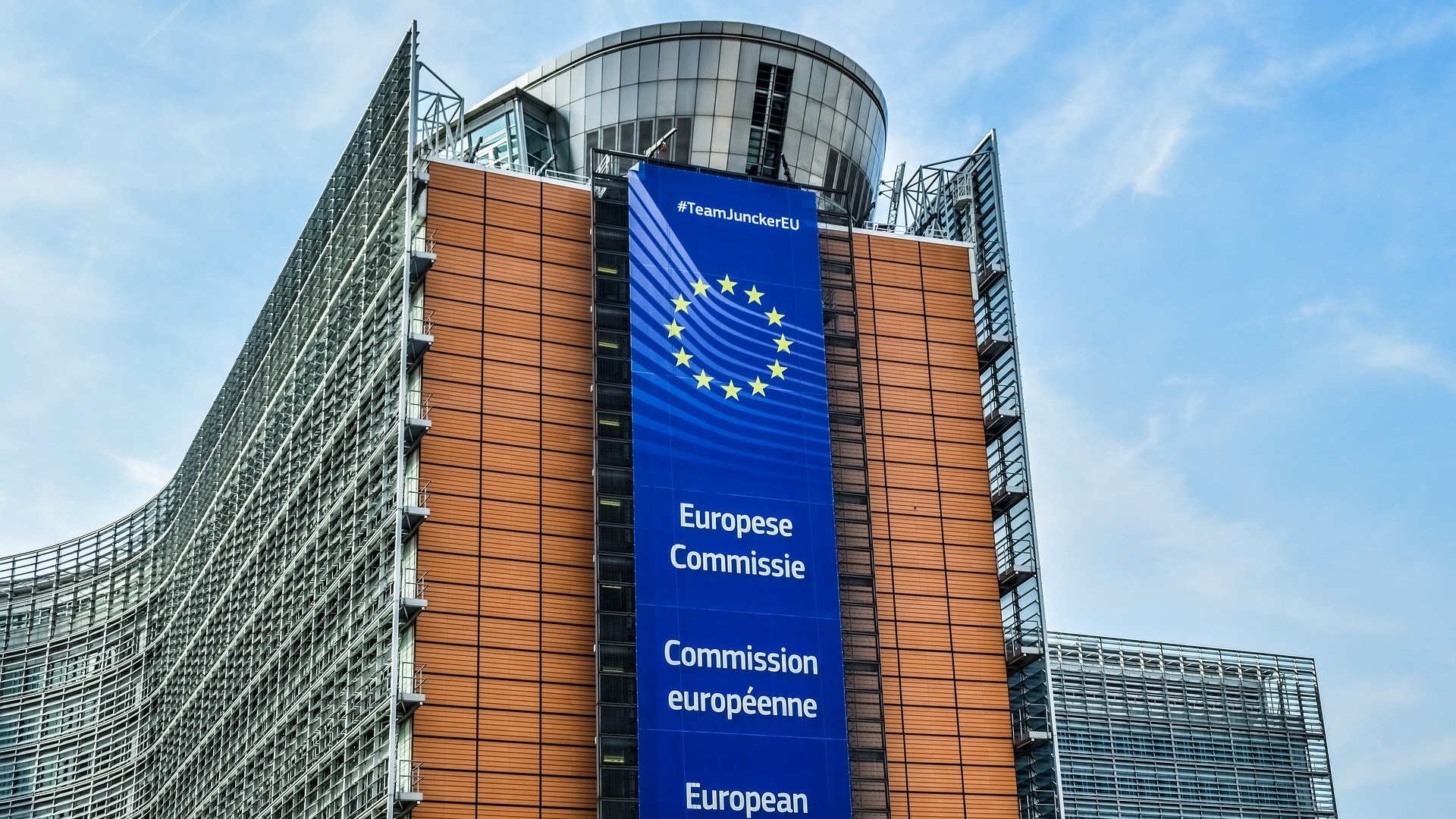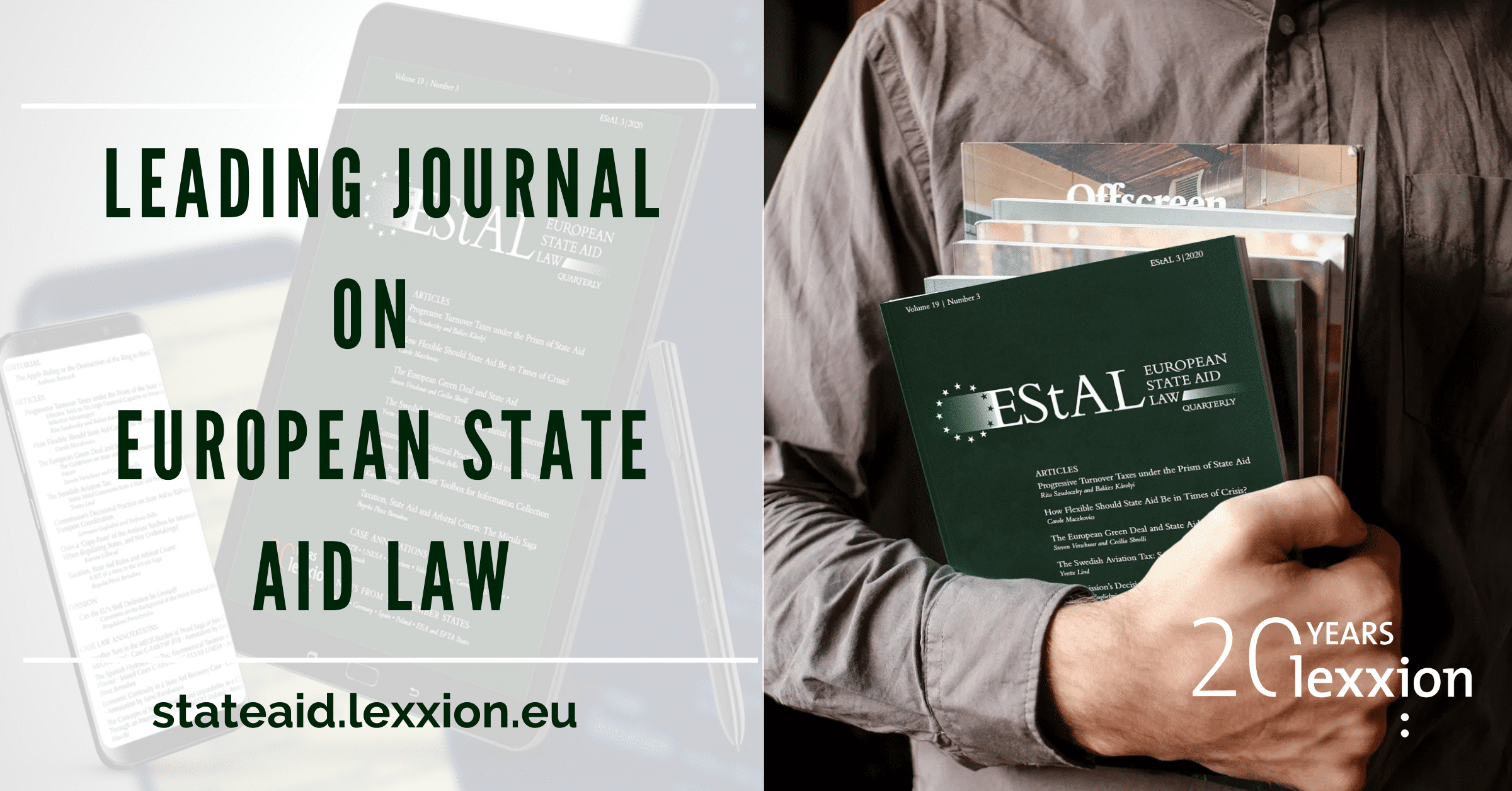
Micro and small enterprises in difficulty are no longer excluded from the Temporary Framework.
Undertakings in difficulty as a result of COVID-19 are no longer excluded from the GBER and Guidelines.
Update on Temporary Framework:
Number of approved and published COVID-19 measures, as of 3 July 2020: 185*
Legal basis: Article 107(2)(b): 17 Article 107(3)(b): 155; Article 107(3)(c): 16
Five Member States have implemented more than 10 COVID-19 measures each: Belgium, Denmark, France, Italy & Poland.
Average number of measures per Member State: 6.6
Median number of measures per Member State: 7.5
Mode number of measures per Member State: 5
* Excludes amendments to previously notified measures
Introduction
This article reviews two significant developments in the field of State aid. First, it summarises the main points of the 3rd amendment of the Temporary Framework that was published last week. Second, it considers the implications of the prolongation of the GBER, de minimis regulation and guidelines.
i) The Temporary Framework
On 29 June 2020, the European Commission adopted a “Third Amendment to the Temporary Framework for State Aid Measures to Support the Economy in the Current COVID-19 Outbreak”.[1]
The initial version of the Temporary Framework was adopted on 19 March 2020. Then on 3 April 2020, the Commission expanded it to aid for research on COVID-19, testing and the production of COVID-19 relevant products, deferred taxes and wages subsidies to protect jobs. On 8 May 2020, it revised it again to allow injection of capital in undertakings affected by the crisis.
Apart from clarifying certain provisions of the Temporary Framework with respect to capital injections and reporting requirements, the main purpose of the third amendment was to allow aid to all micro and small undertakings, even if they were in financial difficulty on 31 December 2019, and to prevent aid in case of relocation of companies.
As is well known, the Temporary Framework has until now excluded from most of the allowable categories of aid undertakings that were “already” in financial difficulty, as defined in the GBER, at the end of last year. The new amendment of the Temporary Framework allows Member States to support micro and small enterprises, provided that they are not subject to collective insolvency procedures under national law and that they have not received rescue aid which has not been repaid or restructuring aid and are still subject to a restructuring plan.
There have been many complaints against the Temporary Framework for excluding start-ups which rely on debt finance. The definition of “undertaking in difficulty” includes companies with debt ratio exceeding 7.5. Apparently, many start-ups in high-tech sectors had debt ration that exceeded that threshold.
But in all fairness to the Commission, some of those complaints must have been misinformed. As explained in the text of the third amendment, “whilst there is no EU definition for start-ups, it appears that the vast majority of such start-up companies fall within the micro and small companies cluster of the definition of small and medium-sized enterprises (SMEs) in Annex I of the General Block Exemption Regulation. The Commission recalls further that, even prior to this amendment, all SMEs that were in existence for less than three years on 31 December 2019 already benefit from the aid measures laid down in the Temporary Framework, since they could not qualify as undertakings in difficulty on 31 December 2019 according to the General Block Exemption Regulation, apart from exceptional cases of insolvency procedure or rescue or restructuring aid.” High-tech start-ups are rather unlikely to be in insolvency procedures or to be undergoing restructuring.
At any rate, the new text that has been inserted in the Temporary Framework is as follows: “In derogation to the above, aid can be granted to micro or small enterprises (within the meaning of Annex I of the General Block Exemption Regulation) that were already in difficulty on 31 December 2019 provided that they are not subject to collective insolvency procedure under national law, and that they have not received rescue aid or restructuring aid”.
With respect to relocation of companies, the Temporary Framework now excludes explicitly aid that is conditioned on the relocation of a production activity or of another activity of the beneficiary from another country within the European Economic Area [EEA] to the territory of the Member State granting the aid. The Commission considers such a condition as “particularly harmful for the internal market”.
Accordingly, the Temporary Framework now states the following: “Aid granted under this Communication on the basis of Article 107 (3)(b) or (c) TFEU shall not be conditioned on the relocation of a production activity or of another activity of the beneficiary from another country within the EEA to the territory of the Member State granting the aid. Such condition would appear to be harmful to the internal market. This is irrespective of the number of job losses actually occurred in the initial establishment of the beneficiary in the EEA.”
– Ad –
European State Aid Law (EStAL) provides you quarterly with a review of around 100 pages, containing articles, case studies, jurisdiction of both European and national courts as well as communications from the European Commission. EStAL covers all areas pertaining to EU State aid and subsidies, among others:
✓ The evolution of the concept of State aid;
✓ State aid Modernization;
✓ Services of General Economic Interest (SGEI);
✓ General Block Exemption Regulation (GBER);
✓ Judicial review of Commission Decisions;
✓ Economic assessment and evaluation;
✓ Enforcement at national level;
✓ Sectoral aid and guidelines.
ii) Prolongation of State aid rules
On 2 July 2020, the Commission adopted a regulation[2] that amended the GBER and the de minimis regulation and a communication[3] that prolonged the period of validity of some important guidelines. In addition to the prolongations, the Commission also allowed Member States to grant aid to undertakings that got into difficulty as a result of COVID-19.
Changes to the de minimis regulation [Regulation 1407/2013]
- The period of validity of Regulation 1407/2013 is extended to 31 December 2023.
Changes to the GBER
- The period of validity of Regulation 651/2014 is extended to 31 December 2023.
- The GBER may now also apply to undertakings “which were not in difficulty on 31 December 2019 but became undertakings in difficulty in the period from 1 January 2020 to 30 June 2021”. [This suggests that the Commission may extend the Temporary Framework to 30 June 2021.]
- The GBER is also amended where it refers to measures with annual budgets exceeding EUR 150 million [Art. 1], regional aid maps [Art. 2] and reporting obligations [Art 11].
Changes to guidelines
- The guidelines for the following topics are extended to 31 December 2021:
- Regional aid.
- Risk finance.
- Environmental protection and energy.
- Rescuing and restructuring undertakings in difficulty.
- Important projects of common European interest [PCEI].
- Short-term export-credit insurance [STEC].
- With respect to regional aid, the communication invited Member States to notify their regional aid maps so that they can also be extended to 2021.
- The R&R guidelines will be extended for three years, i.e. to 31 December 2023.
- Since the RDI framework is no included in the above list, perhaps it should be noted that it does not have any expiry date.
- In addition, “undertakings which were not in difficulty on 31 December 2019 but became undertakings in difficulty after 31 December 2019 [will] be eligible under those guidelines until 30 June 2021.”
[1] COM(2020) 4509 final. It can be accessed at:
It is also published in the Official Journal C 218 of 2 July 2020:
[2] The full text of the regulation can be accessed at [not yet published in the Official Journal]:
https://ec.europa.eu/competition/state_aid/what_is_new/prolongation_gber_deminimis_en.pdf
[3] The full text of the communication can be accessed at:
https://ec.europa.eu/competition/state_aid/what_is_new/prolongation_sa_guidelines_en.pdf
Photo by Dimitris Vetsikas on Pixabay.




